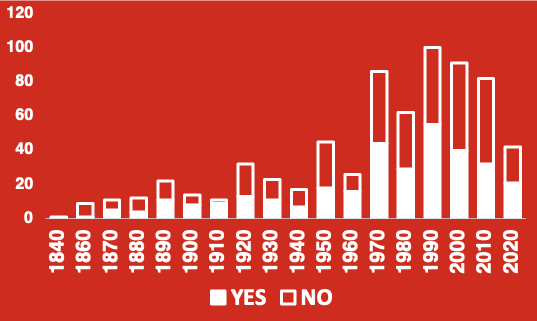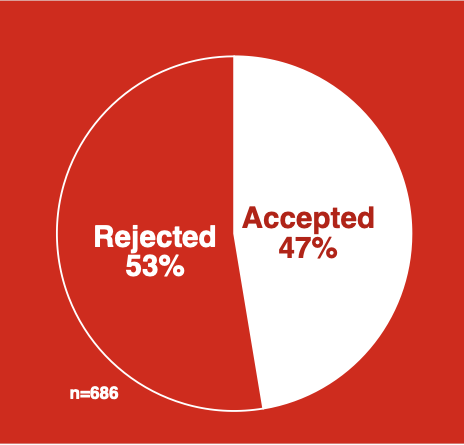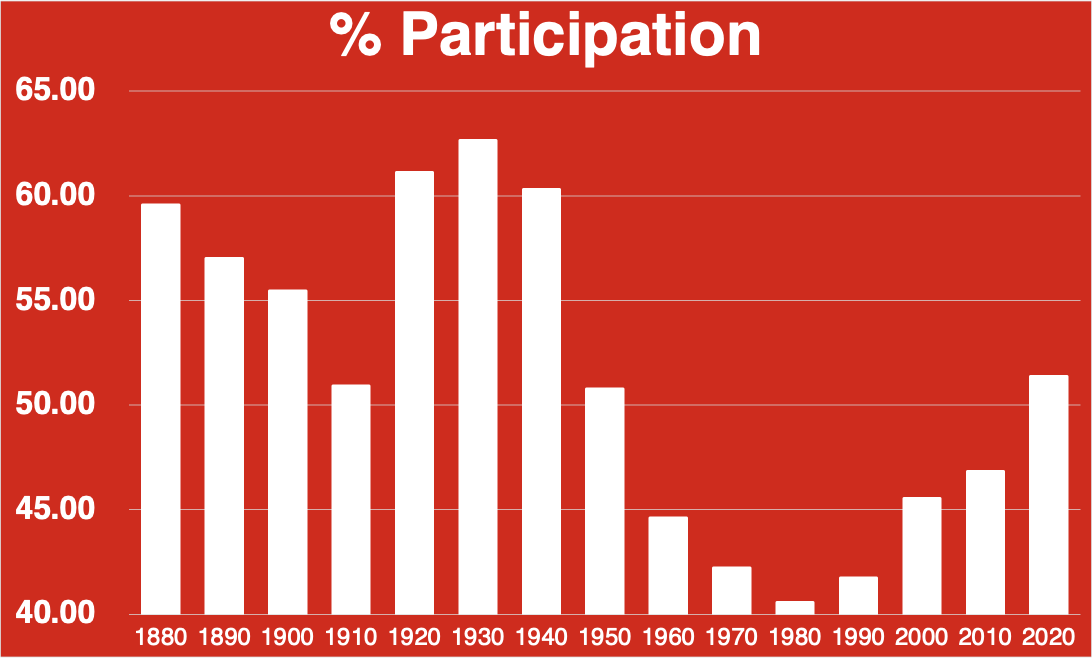Today, as we celebrate Swiss National Day, we are reminded of the values that make Switzerland a beacon of democracy, freedom, and humility. August 1st is not just a date; it symbolizes our rich history and the principles that have guided our nation through centuries of challenges and triumphs.
A Legacy of Democracy
Switzerland’s commitment to democracy is deeply ingrained in our national identity. Our unique system of direct democracy allows every citizen to have a voice in shaping the future of our country. This inclusive approach has fostered a culture of dialogue, consensus, and mutual respect. It is through these democratic processes that we have built a society where the rule of law prevails, and individual rights are protected.
Overcoming Challenges
Switzerland is not without its challenges. From navigating the complexities of international relations to addressing environmental concerns and ensuring social cohesion, we face many hurdles. Yet, it is through these challenges that our resilience shines the brightest. We have a long-standing tradition of finding innovative solutions and adapting to changing circumstances, all while staying true to our core values.
The Value of “Volksabstimmungen”
One of the hallmarks of our democracy is the tradition of “Volksabstimmungen” or federal popular votes. Since the first “Eidgenössische Volksabstimmung” in 1848, this process has allowed the Swiss people to influence government policy and legislation directly. Over the years, more than 600 federal referendums have been held, covering various issues from social policy to economic reforms and international relations. This unique form of direct democracy ensures that the people’s voice is heard and respected, fostering a deep sense of civic responsibility and engagement. The high voter turnout and informed public debates around these referendums are testaments to the value we place on democratic participation. These “Volksabstimmungen” not only strengthen our democracy but also serve as a powerful reminder of the collective wisdom and discernment of the Swiss people.
(all statistics come from https://www.bfs.admin.ch/bfs/de/home/statistiken/politik/abstimmungen.html)

A noticeable trend is the increase in the total number of referendums from the 1970s onward, reflecting a growing engagement in direct democracy. The 1990s stand out with the highest number of referendums, indicating an active period in Swiss political decision-making. The graph also shows a balanced distribution of accepted and rejected referendums, suggesting a robust and participatory democratic process where diverse viewpoints are considered and debated. This visual representation underscores the dynamic nature of Swiss democracy and the citizens‘ vital role in shaping national policies.

Out of the 686 referendums held, only 47% (325) have been accepted, reflecting the critical approach the Swiss people take towards these decisions. The Swiss are certainly not just „yes-sayers“; they must be thoroughly convinced that a proposal is the right course of action. Otherwise, they will not hesitate to reject it.

Notably, voter turnout was consistently high in the late 19th and early 20th centuries, peaking around the 1920s and 1930s with participation rates exceeding 60%. This period reflects a time of significant political engagement and public interest in national decisions. However, participation experienced a notable decline starting in the 1950s, reaching its lowest point in the 1970s, with rates dropping to around 40%. In recent decades, there has been a gradual resurgence in voter engagement, particularly noticeable in the 2010s and 2020s, indicating a renewed public interest in the referendum process. This trend highlights the evolving dynamics of civic participation in Switzerland’s direct democracy system over the years.

A quick and certainly not exhaustive analysis reveals some of the most important topics in referendums over the past 150 years. During the Cold War and both World Wars, military issues were more prevalent. Transportation and traffic have always been essential for Switzerland, a country centrally located in Europe. For the past 30 years, environmental issues have increasingly come before the public. Regarding women’s issues, there have been at least five referendums, with the vote on the „introduction of women’s suffrage“ in 1971 being one of the most significant.
Another important referendum brought us the Public Holiday today: With a 83.8 percent approval rate, voters adopted the Swiss Democrats‘ popular initiative „For a Work-Free National Holiday“ on September 26, 1993. To this day, it remains the highest approval rating for a popular initiative in the history of the federal state.
Having stated this: Happy 1st of August! Happy Swiss National Day! 🇨🇭